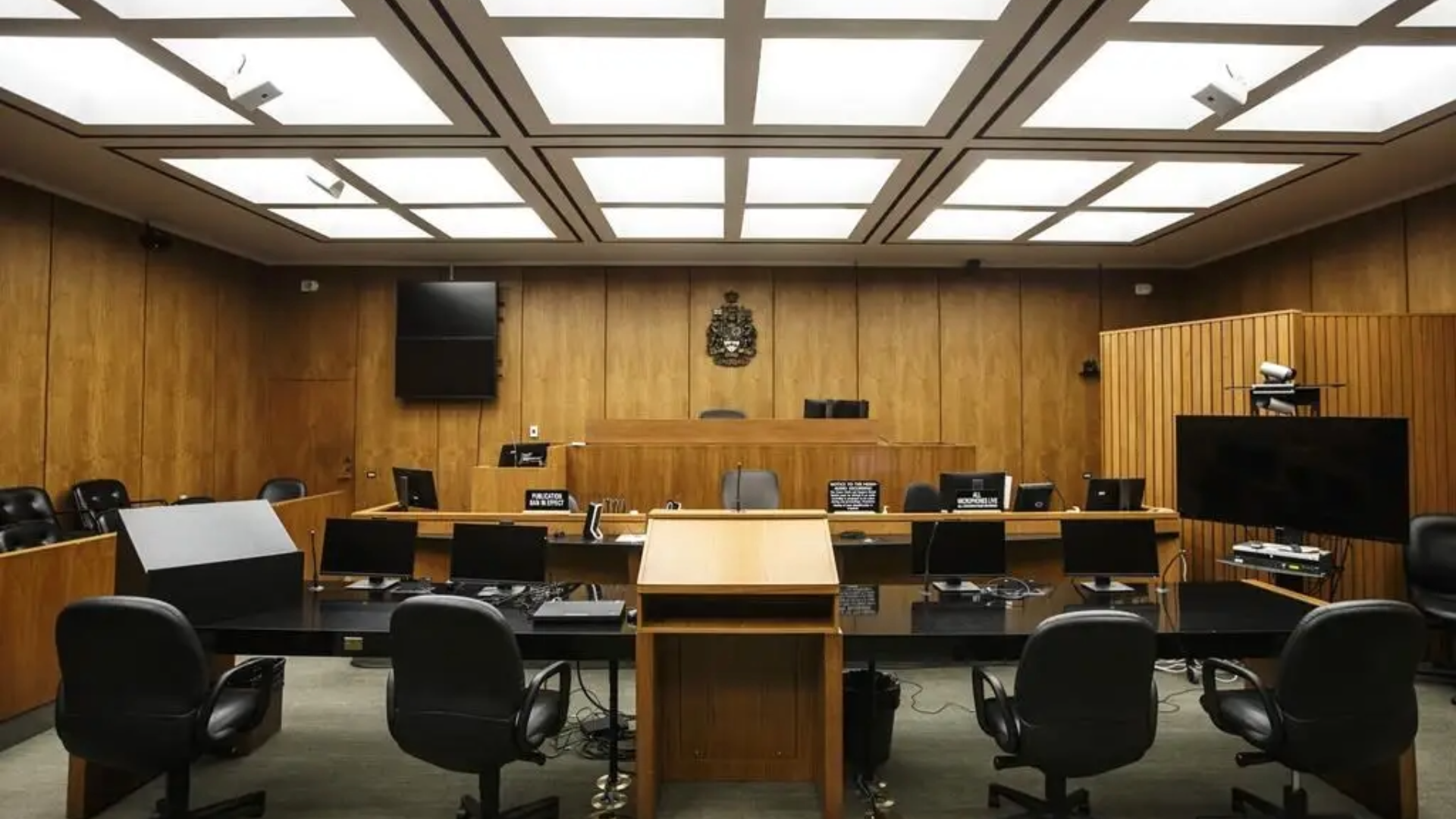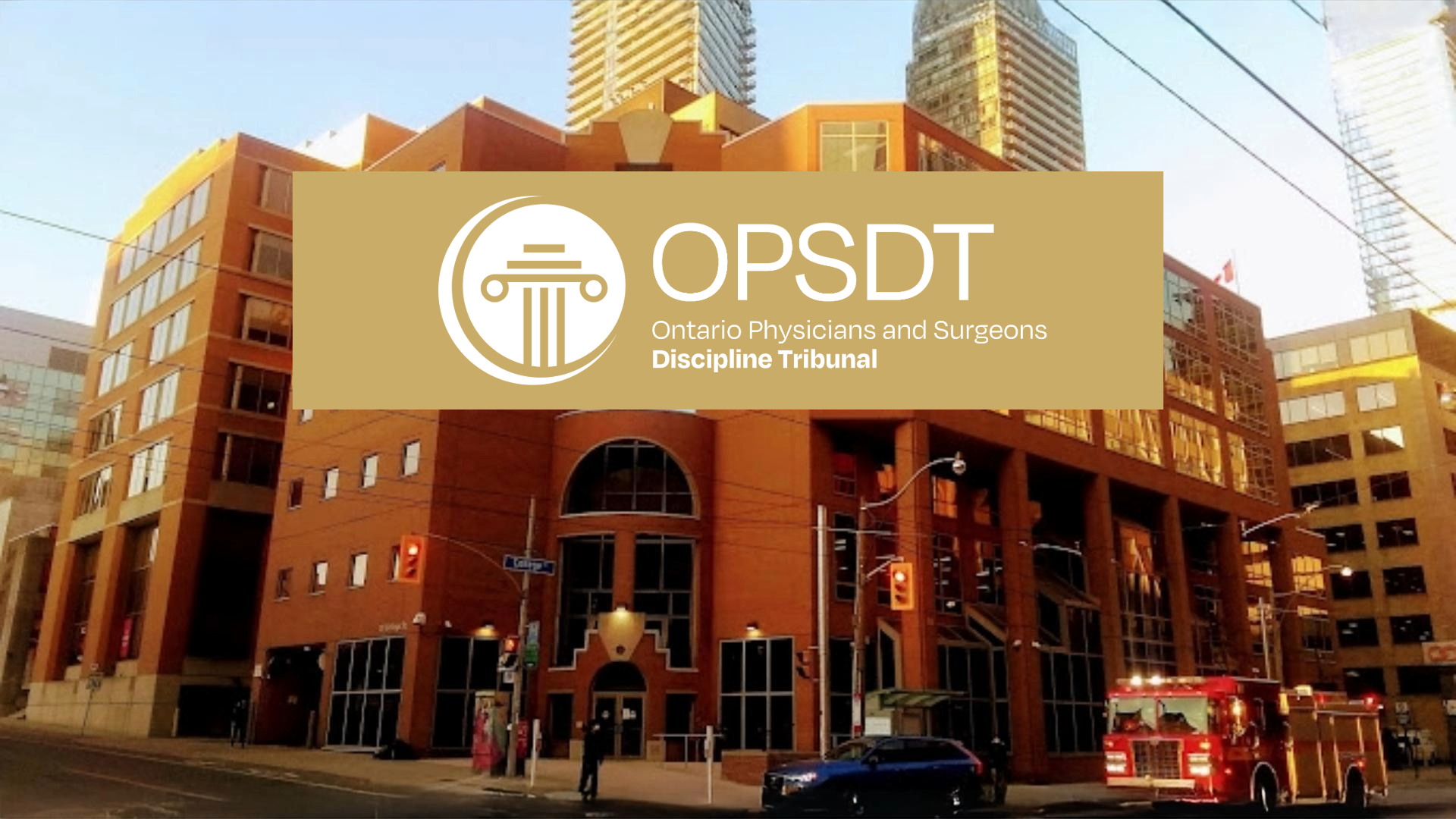
Nurse Alters Morphine Record, Patient Dies: CNO Orders Permanent Resignation
A Profound Breach of Trust in End-of-Life Care In CNO v. Lindsey Coyle, the Discipline Committee of the College of Nurses of Ontario addressed one

On August 14, 2025, the Court of King’s Bench of Alberta found Dr. Mark Guhle liable for over $16,500,000 for medical malpractice leading to the quadruple amputation of an 11-month old girl (“KB”) as a result of the delayed diagnosis and treatment of a severe bacterial infection that led to septic shock.
On February 19, 2011, KB was admitted to Queen Elizabeth II Hospital with symptoms of respiratory illness. What appeared to be a standard case of respiratory syncytial virus (RSV) quickly became a medical emergency that would forever change this young patient’s life.
The timeline of events reveals a critical three-day period that became the focus of intense legal scrutiny. KB presented with classic bronchiolitis symptoms, which initially appeared consistent with a viral respiratory infection. Healthcare providers treated the patient based on their assessment of viral respiratory illness.
However, by February 22, 2011, KB’s condition had deteriorated dramatically. The patient developed what medical experts would later describe as an advancing bacterial lung infection that progressed to septic shock. This bacterial “superinfection” severely compromised blood flow to KB’s extremities, ultimately necessitating quadruple amputations.
The rapid progression from viral symptoms to life-threatening bacterial infection became the central issue in the subsequent medical malpractice lawsuit. KB was transferred to Stollery Children’s Hospital on February 22, where physicians diagnosed bronchial pneumonia and initiated intensive treatment protocols. Despite these efforts, the damage to KB’s extremities was irreversible.
KB, an 11-month-old with a history of respiratory illnesses, was admitted to the hospital on February 19, 2011, due to severe shortness of breath, fever, and respiratory symptoms. Despite initial treatment for RSV bronchiolitis, her condition worsened over the next three days, showing signs of labored breathing, mottled skin, and abnormal blood test results.
On February 22, she experienced respiratory failure and was diagnosed with severe septic shock caused by Group A Streptococcus. KB was intubated, treated with IV antibiotics, and transferred to the Stollery Children’s Hospital. Complications from septic shock led to the amputation of parts of all four limbs by March 28, 2011.
The primary issue raised in this medical malpractice suit is whether the Defendant(s) caused, contributed to, or increased the injuries suffered by KB – by failing in their duty to diagnose and/or treat her bronchial pneumonia before it became so severe that the infection caused her injuries.
The related issue is whether the Defendant(s) failed to refer the Plaintiff to medical specialists at a critical time during the treatment of her medical condition in Grande Prairie, thereby causing or contributing to her injuries.
Dr. Stephen Wheeler was qualified as an expert in emergency medicine and permitted to provide opinion evidence on the standard of care owed by Dr. Belhaj to KB, as well as standards for history taking, physical examination and diagnostics. He practiced as an emergency physician for over thirty years after graduating medical school in 1986. His experience was extensive, including being a clinical assistant professor at the University of British Columbia and teaching skill enhancement for rural physicians
Dr. Eyal Cohen was qualified by the court as an expert in pediatric medicine and permitted to offer opinion evidence within his area of expertise. He has never been a family practitioner, nor is he an expert in infectious diseases. He now dedicates much of his time developing practice standards and guidelines, and developing models of care, while maintaining a clinical practice.
After completing his medical degree and four-year pediatric residency at the Hospital for Sick Children in Toronto, Dr. Cohen received advance training in respiratory medicine and focused his practice (including his teaching) on children with respiratory diseases. He testified specifically to provide opinion evidence of:
1. The appropriate treatment of bronchiolitis in children.
2. The symptoms of bacterial infection and the appropriate management in children.
3. The appropriate standard practice to care for a child with a possible bacterial lung infection.
4. The expected clinical outcome in such a case with appropriate medical management.
Dr. Ole Hammerberg was qualified as an expert in pediatric medicine, infectious disease and microbiology and was allowed to give opinion evidence about the causal path of KB’s symptoms, as well as the point in time at which antibiotics could have prevented her severe outcome. Notably, along with significant other experience, practice, and academic work, Dr. Hammerberg has experience interpreting chest X-rays, assessing patients with RSV, and diagnosing infants with bronchopneumonia and Streptococcus.
Dr. Mark Hawkins was qualified as an expert in family and emergency room medicine; he was called by the Defendants to give opinion evidence of the standard of care required of a family physician practicing in a hospital emergency room and hospitals generally, and in the diagnosis and treatment of respiratory infections in minors and infants. He completed a PhD in laboratory molecular biology in 1992, then relocated to Canada and studied medicine at the University of Calgary, graduating in 1998. He then completed a two-year residency in family medicine. He has worked in Canmore, Alberta since 2001. He has experience working in hospital emergency departments and inpatient wards in smaller centers in Alberta. He has experience in treating children with viral and bacterial respiratory infections, as well as bronchiolitis caused by RSV.
Dr. Kyle Okano was qualified to give expert opinion evidence as a pediatrician, having completed a pediatrics residency at the Winnipeg Children’s hospital in 1998, and practiced in Kamloops, B.C. since then. He is a consulting pediatrician and the medical director of the neonatal intensive care unit. His pediatric practice specialized in neonatology, newborn care, and child protection cases. In a hospital setting he has frequently treated young children with bronchiolitis and other respiratory complaints, including viral and bacterial infections. He agreed with other experts, citing the Canadian Pediatric Society’s guidelines which state that it is rare for cases of infants with viral bronchiolitis to later develop a secondary bacterial infection. He gave the court opinion evidence on the standard of care of a pediatrician in the diagnosis and treatment of viral and bacterial respiratory infections in children.
Dr. Tajdin Jadavji is experienced in pediatrics and infectious diseases and was permitted to give expert evidence on the origin, identification, manifestation, and treatment of infectious diseases, including the efficacy of antibiotics for bacterial infections. Dr. Jadavji moved to Canada in 1979 after his initial medical training in Pakistan. He completed a pediatric residency at the Hospital for Sick Kids in Toronto, then further subspecialty training in pediatric infectious diseases in Toronto, which he finished in 1985. He then returned to Calgary to the Alberta Children’s hospital as an assistant professor. He maintains clinical and academic practices.
Dr. James Daniels is a staff radiologist for Alberta Health Services in Medicine Hat. He was qualified by the court to provide opinion evidence in radiology, in particular the interpretation of pediatric chest X-rays and the frequency of certain results in his personal experience, as well as interdisciplinary communications between health care providers and radiologists. He is board certified in Canada and the United States and is licensed by Colleges in Alberta and Ontario.
The court looked at whether the doctors involved in KB’s care met the expected “standard of care,” which means they acted in a way that a reasonably skilled and careful doctor would in the same situation. Here’s what the court found:
Dr. Belhaj:
Dr. Patidar:
Dr. Guhle:
In summary, the court found that while the doctors followed many standard practices, there were lapses in documentation, communication, and timely action that may have impacted KB’s care.
The court’s findings on causation focused on whether the actions (or inactions) of the doctors directly caused KB’s injuries. Here’s a summary:
Dr. Belhaj:
Dr. Patidar:
Dr. Guhle:
In conclusion, the court ruled that only Dr. Guhle’s actions were causally linked to KB’s injuries, while the other doctors were not found liable.
In a separately released decision, the court assessed damages as follows for KB:
KB’s mother was awarded a total $646,025 for out of pocket expenses, past care rendered and future lost income.
The Crown was awarded $474,314.93 for past care services rendered to KB.
All amounts are exclusive of pre-judgment interest.
Decision Date: August 13-14, 2025
Jurisdiction: Court of King’s Bench of Alberta
Citation: KB v Guhle, 2025 ABKB 472 , KB v Guhle, 2025 ABKB 474

A Profound Breach of Trust in End-of-Life Care In CNO v. Lindsey Coyle, the Discipline Committee of the College of Nurses of Ontario addressed one

What College of Physicians and Surgeons of Ontario v. Thirlwell, 2026 ONPSDT 5 Means for Patients and Public Trust In College of Physicians and Surgeons

Estate of Henders v. Lakeridge Health Oshawa, 2026 ONSC 701 In a significant decision for medical malpractice and long-term care litigation in Ontario, the Superior

What CPSO v. Faruqi Means for Patients and Physicians On January 21, 2026, the Ontario Physicians and Surgeons Discipline Tribunal released an important decision addressing